
Broschiertes Buch
DIAGNOSE, BEHANDLUNG UND REHABILITATION Monographie
15. Januar 2025
Verlag Unser Wissen
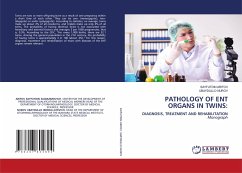
Broschiertes Buch
DIAGNOSIS, TREATMENT AND REHABILITATION Monograph
26. Juli 2024
LAP Lambert Academic Publishing
Broschiertes Buch
DIAGNOZA, LECZENIE I REHABILITACJA Monografia
15. Januar 2025
Wydawnictwo Nasza Wiedza
Broschiertes Buch
DIAGNÓSTICO, TRATAMENTO E REABILITAÇÃO Monografia
15. Januar 2025
Edições Nosso Conhecimento
Broschiertes Buch
DIAGNOSI, TRATTAMENTO E RIABILITAZIONE Monografia
15. Januar 2025
Edizioni Sapienza
Broschiertes Buch
DIAGNOSTIC, TRAITEMENT ET RÉHABILITATION Monographie
15. Januar 2025
Editions Notre Savoir
Broschiertes Buch
DIAGNÓSTICO, TRATAMIENTO Y REHABILITACIÓN Monografía
15. Januar 2025
Ediciones Nuestro Conocimiento
Ähnliche Artikel
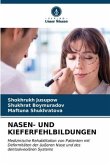
Broschiertes Buch
Medizinische Rehabilitation von Patienten mit Deformitäten der äußeren Nase und des dentoalveolären Systems
26. Oktober 2023
Verlag Unser Wissen
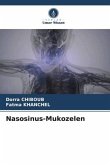
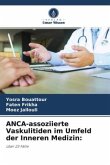
Broschiertes Buch
über 23 Fälle
18. Mai 2022
Verlag Unser Wissen
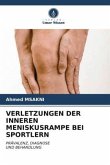
Broschiertes Buch
PRÄVALENZ, DIAGNOSEUND BEHANDLUNG
31. Januar 2024
Verlag Unser Wissen

Broschiertes Buch
Ein nützlicher Leitfaden für das Gesundheitspersonal
31. März 2023
Verlag Unser Wissen
Ähnlichkeitssuche: Fact®Finder von OMIKRON
